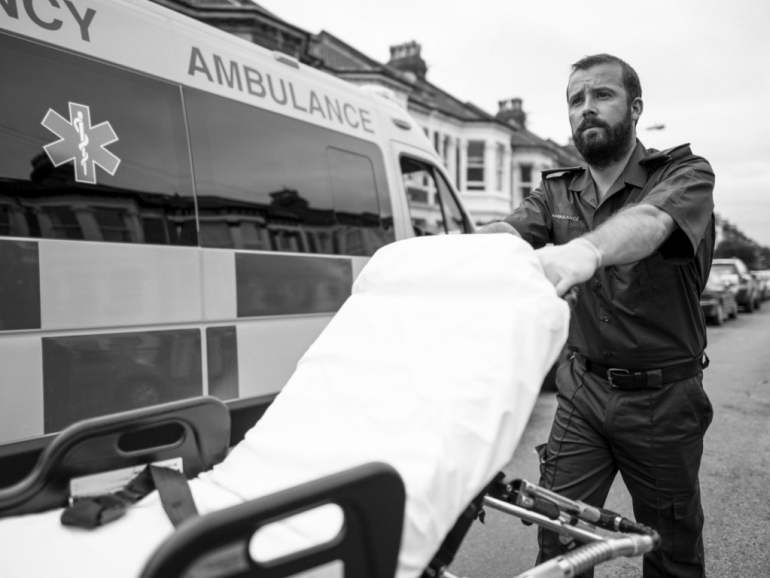Our EMT program prepares graduates to serve with federal, state or local fire departments, ambulance service companies and other private and public first responder organizations. Employed as emergency medical technicians (EMTs), the quick reaction and competent care of these professionals make the difference in a variety of people’s lives, including automobile accident victims, people who suffer heart attacks and women who give birth prematurely. EMTs also provide vital services as they care for and transport the sick or injured to hospitals or other medical facilities.
Emergency medical management training is progressive, consisting of EMT-Basic. All 50 states require licensure, but levels and titles vary by state. In the next decade, an associate’s degree will be required to work as an EMT. Licensure is dependent upon a criminal background check.
Emergency Medical Technician-Basic (Workforce/Continuing Education)
The program is a is a twenty-week course of study leading to the EMT-B Certificate I. Students who complete the certificate are prepared to take the National Registry of Emergency Medical Technicians Exam (NREMT) to become certified as emergency medical technicians-basic in Texas. Students in this program receive a completion certificate as an EMT-B but do not accrue college credit. This program is offered at the Erath County Campus in Stephenville, Texas. For more information, click the link below, or email ems@rangercollege.edu
Emergency Medical Technician-Basic (Dual Credit/Adult Credit)
The program is a is a two-semester course of study leading to the EMT-B Certificate I. Students who complete the certificate are prepared to take the National Registry of Emergency Medical Technicians Exam (NREMT) to become certified as emergency medical technicians-basic in Texas. Students in this program earn sixteen semester hours of college credit. This program is offered at the Erath County Campus in Stephenville, Texas. For more information, click the link below, or email ems@rangercollege.edu
Clinical rotations will be scheduled by RC with efforts made to accommodate student wishes and high school timetables. Once clinicals are complete, students will sit for the National Registry exam. Ranger faculty can provide suggestions for test sites, but the ultimate responsibility for scheduling and attending lies with the student.
Location
